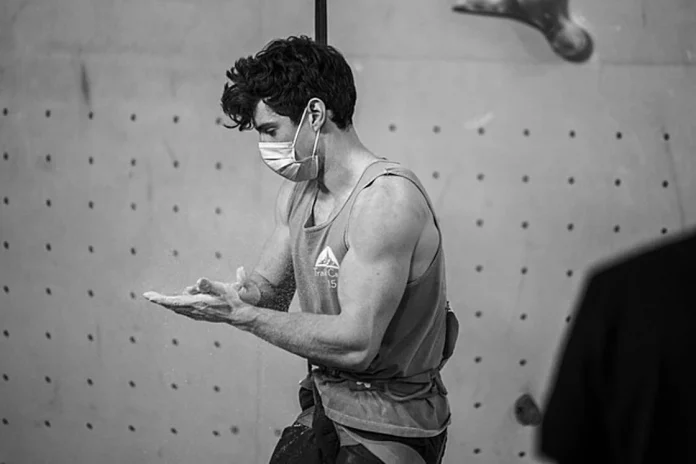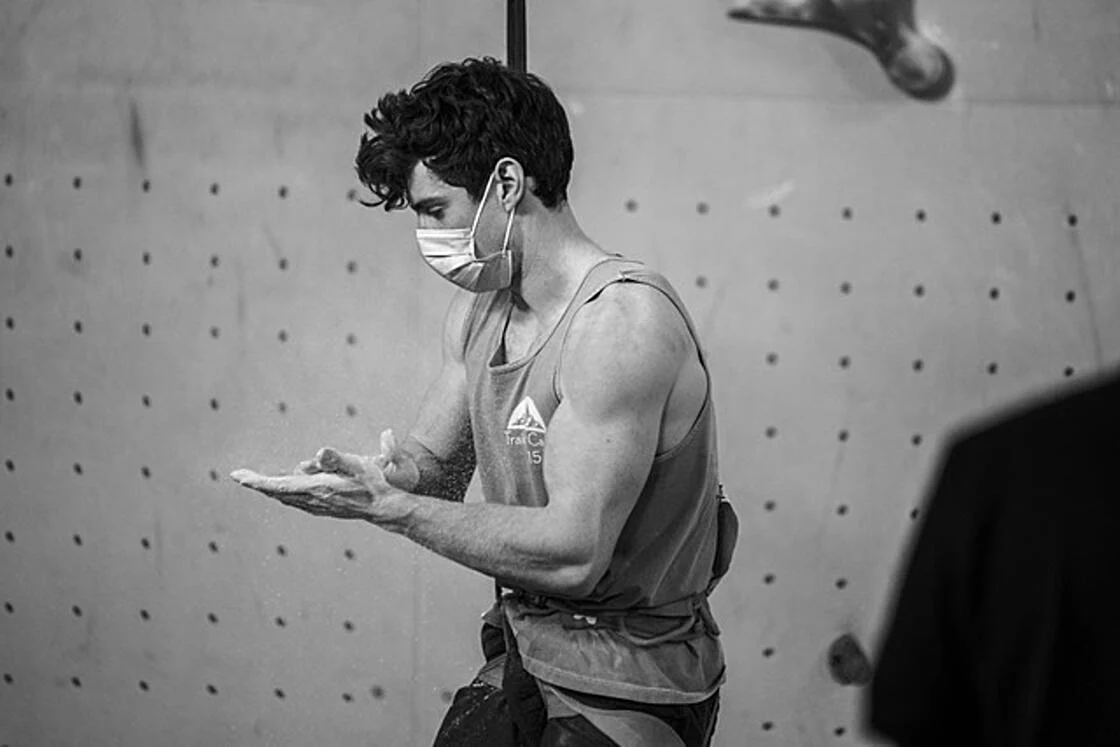 Originally published in Head Rush Technologies blog here (September 2022)
Originally published in Head Rush Technologies blog here (September 2022)
TRUBLUE is excited to announce the newest member to our team: John Brosler! Not only is John the current US men’s national Speed Climbing record holder, he’s also a six-time National Speed Open Champion, a two-time Pan-American Champion, and a member of Team USA Climbing.
I recently caught up with John about his journey to becoming the fastest American man in climbing, how his training routine changes between different climbing disciplines, and his thoughts on Speed Climbing making its debut as a separate competition in the upcoming 2024 Olympics Games.
THE EARLY DAYS
I don’t usually think of Texas as a huge climbing state. When you were growing up, what drew you to the sport in the first place?
I would always do various summer camps while growing up, and there was a climbing camp at our local rec center that I always found to be a lot of fun. I went there for a few years, switched to a summer camp at a climbing gym, ended up in that gym’s after-school program, and that fed into Team Texas. I enjoyed the sport and the community a lot, which was something that was hard for me to find before that.
You’ve bounced around a little bit over the years. Do you have a favorite climbing spot that you just can’t get out of your head? Or are you solely focusing on speed, training, and competitions right now?
For sure! I’m very focused on speed right now, but I’m looking forward to revisiting some areas that I used to climb at a lot. I want to go back to the Red River Gorge most of all — I used to take trips there every summer, but my last trip there was in 2016. I went to Rocklands a few years ago too, which was incredible, and probably next on my list for a big outdoor trip when the time is right. I climbed at Rocky Mountain National Park a lot when I lived in Boulder, and I’ve explored the climbing close to SLC just a little bit so far.
Which climbing accomplishment are you most proud of?
My first Open National title in 2014 will always be special. I was 17 at the time and had qualified for finals in 2nd behind the reigning World Champion who was visiting from Russia. My first run in finals was a 4.6 (this was back when it was scored as the best of two runs, on a 10-meter wall), which was pretty good for me, and he ran a 4.1 or something crazy at the time. I had nothing to lose and went all-out on my second run, nailed it, and finished with a 3.95 versus his 4.0.
Only a handful of Americans were interested in speed climbing at that time, but the support I received from everyone was overwhelming, and unlike anything I had ever experienced before. That was a turning point for me, and the first time that I realized that speed climbing had huge potential to grow in the U.S, and that I could really make a name for myself in the sport if I kept putting the work in.
TEAM USA CLIMBING AND TRAINING FOR SPEED CLIMBING
You’re not just a speed climber, you’ve done it all — lead and bouldering, indoors and out. But, especially in the last few years, it seems like you’ve really made a name for yourself in Speed. What is it about Speed Climbing that’s got you so hooked?
A couple things: I value the process of working on something that challenges me, and I’m a really competitive person. I had more opportunities to compete in speed at a high level than in lead or bouldering because I was good at it, which drew me to the sport way more.
I switched to fully specializing in speed a bit more recently, and since then, I’ve learned more about the sport and myself than I could’ve imagined a few years ago. It has been a really fun and interesting journey.
Does your training regimen change between the different disciplines? If so, how?
It definitely does, although there is quite a bit of overlap as well. For speed, most of what I do is like a mix between training for bouldering and for track and field. Lots of lower body exercises like squats and plyometrics, but with some more climbing specific stuff like pull-ups, hangboard, and lots of time on the wall (both on and off the official route). Lots of technique work and video review as well.
For lead/bouldering, the main difference is the amount of time I spend on the wall (or number of moves at a time) and the complexity of the movements. Not very much basic weight training, if any, for lead or bouldering either.
How do TRUBLUEs come into play in your training?
They’re essential! It’s not safe to belay normally for speed climbing, because it’s impossible to belay fast enough. Other auto belays are too slow and can get in the way fairly often. TRUBLUE speed units solve both of those problems, and allow me to just focus on my climbing, which is essential for training properly.
What do you do to prepare before a competition? Any rituals, specific foods, or anything like that?
The only thing that really changes leading up to a comp is my training plan- diet, sleep, etc. all remain the same. I start to taper about 1.5 weeks before a comp, which means my sessions are still at a high intensity, but are shorter, and I rest for longer.
The days before a competition are nothing too special either, I just try to chill out and end up with a relatively similar routine to what I would do on a normal rest day. I always do some stretching the night before, though, which makes the warmup on comp day feel much easier.
I’m curious what it’s like to be a part of Team USA Climbing and to do so much traveling for all these World Cup competitions all over the world. Obviously you compete individually, but how much does the team aspect play into the overall experience?
A lot of us grew up competing around the same time and have known each other for years, so often, all the travel together really solidifies our friendships with each other. Outside of the competitions, we generally train together, stay together, do team meals, and so on. It’s a really supportive vibe, so even though we compete individually, we’re all always rooting for each other. The team aspect has become much more prevalent in recent years, and it has contributed a lot to our recent success internationally.
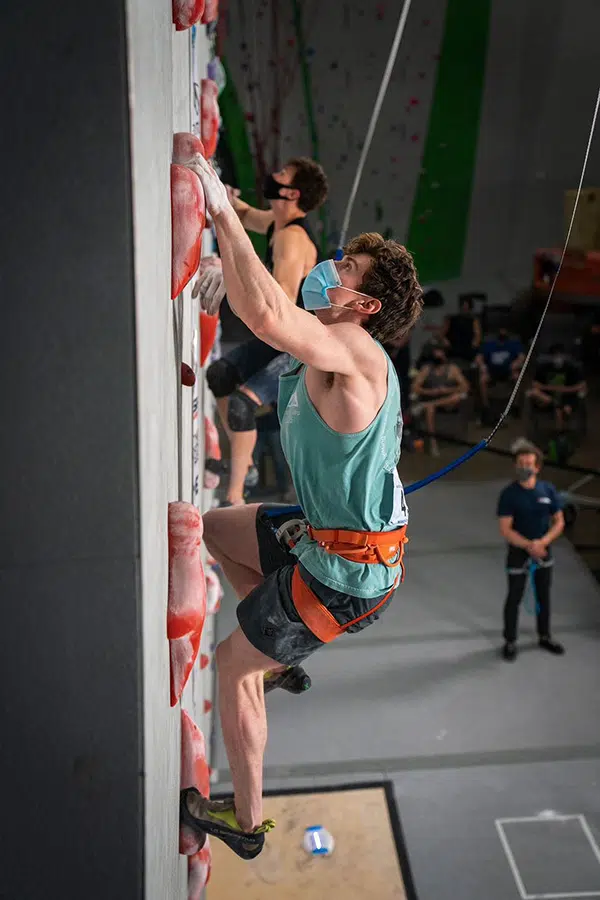
LOOKING FORWARD TO THE 2024 OLYMPICS AND BEYOND
For the first time in the 2024 Olympics, Speed Climbing is going to have its own standalone competition. Have you started to look forward to that yet, or is it still too far out?
Definitely looking forward to it! I’ve been hoping for it for a long time, and it’s a big reason why I decided to fully specialize in speed. Being there would be a dream come true.
What advice would you give to a younger climber who is thinking about getting into speed climbing?
The best way to get into it is to just get on the route! Try it a lot, find a sequence that works for you, and remember it for each run. Watching videos of yourself can be really helpful for this. As you get better, you can watch other speed climbers to see what sequences they’re using and try to incorporate those too. Most importantly, keep it fun!
What do you like to do when you’re not climbing?
I spend most of it relaxing, training sessions can be really draining sometimes, and I value the time I get to spend chilling out. I have an espresso machine that I love to use, and cooking/eating good food is fun for me too. I ski occasionally in the winter, and study kinesiology part-time at the University of Utah. When I’m traveling for climbing, I like to explore and experience the place and culture as much as I can.

You can follow John on Instagram @johnbrosler
This press release was written by the sponsor and does not represent the views of the Climbing Business Journal editorial team.
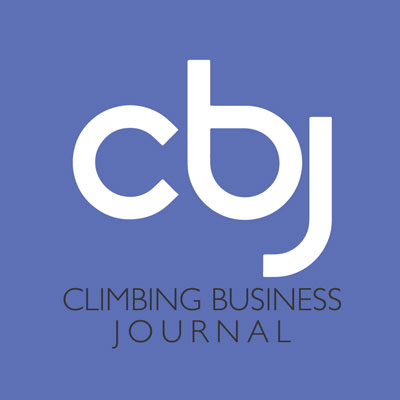
Want to post a press release here? Click here for more info.
CBJ press releases are written by the sponsor and do not represent the views of the Climbing Business Journal editorial team.




